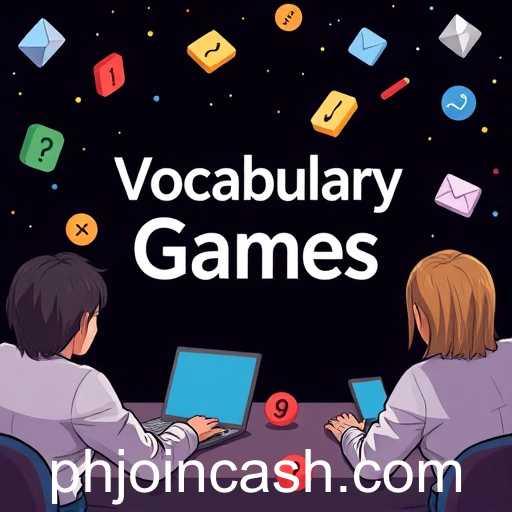Explore the engaging world of vocabulary games and how they can bolster your language skills.
In an increasingly digital world, the ways in which we learn and improve our skills have evolved to become more interactive and engaging. Among these modern educational tools, vocabulary games have emerged as a popular and effective method to bolster language skills. These games, often accessible via online platforms, are designed to make the process of learning new words enjoyable and challenging, fostering an environment where players are eager to expand their vocabulary.
The website that features 'Vocabulary Games' prominently highlights this innovative approach to language learning. By integrating 'phjoin' as their key defining feature, these games connect players from different parts of the world, promoting not only individual learning but also shared experiences in virtual environments. This interactive element enhances motivation and engagement, turning what could traditionally be a monotonous task into a fun and competitive endeavor.
Vocabulary games utilize various gaming mechanics such as points, levels, and time challenges to incentivize learning. Players often find themselves striving to beat their own scores or challenge others, which encourages repeated exposure to new words and their meanings. This repetition is crucial in reinforcing memory and understanding, allowing for more effective retention.
Furthermore, these games cater to a wide range of skill levels. From beginners learning basic terms to advanced players looking to master complex vocabulary, the spectrum of games ensures there is something for everyone. As players progress, they encounter increasingly difficult words, ensuring the learning curve is both manageable and stimulating.
The communal aspect of these games, encapsulated by the 'phjoin' feature, creates a supportive learning environment. Players can collaborate, share tips, and even engage in friendly competition. This social interaction can be particularly beneficial in maintaining motivation and making the process of vocabulary acquisition less isolating.
In conclusion, vocabulary games represent a fusion of entertainment and education, offering a dynamic means to improve language proficiency. By embracing digital platforms and integrating social features like 'phjoin', these games cater to the modern learner's need for an interactive and engaging educational experience. As language remains a cornerstone of communication, the importance of robust vocabulary skills cannot be understated, and vocabulary games are an innovative step towards achieving linguistic competency.




